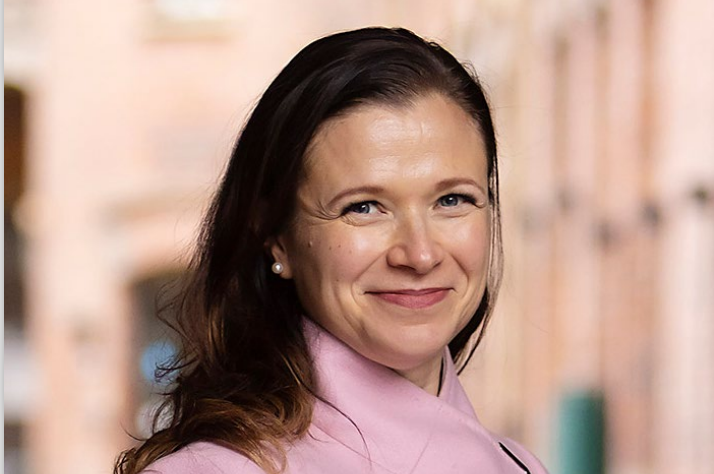
Photo: Maria Nikkilä/City of Tampere
Tampere aims for proactive services with first data strategy
30 August 2023
by Sarah Wray
Tampere in Finland has launched its first data strategy, paving the way for more proactive and personalised services, greater use of artificial intelligence, and the development of a ‘data economy’.
“Data is already being utilised in different parts of the city organisation. Now it is felt that the development should have common targets,” said Maria Nikkilä, Chief Information Officer for the City of Tampere.
“At the same time, the aim was to specify what benefits the city was seeking. These include a smoother everyday life for the residents, the success of the region’s businesses and a more efficient allocation of city resources.”
As well as detailing the benefits of using data, the strategy outlines practical foundational steps and projects that will be undertaken, such as procuring tools to measure customer experience, compiling a register of data and algorithm assets, creating an operating model for the ethical use of artificial intelligence, and promoting better data literacy throughout the organisation.
Data consent
Tampere wants to provide proactive and automated services when residents consent to the city using their data.
For example, the Data-Driven City for Citizens smart city programme is exploring whether data could be used to automatically provide personalised information and services to help new immigrants to integrate more easily and find employment.
Nikkilä told Cities Today that the city is looking at how it could use self-sovereign identity solutions such as the European Digital Identity to enable citizens to give authorisation to use data. The new government’s recently published plan also refers to a national solution for citizens to give consent for the use of their data.
“That would be also an interesting solution in the future,” said Nikkilä.
Data economy
Tampere aims to use data to create new services for businesses from data and contribute to the development of a “data economy”.
A recent example of a data-based service is the Tampereen Pulssi service, which predicts visitor flows in the city centre. The service collects data from traffic cameras and weather forecasts, and also takes into account factors such as the day of the week, public holidays and major events to create an AI-based forecast of visitor flows for months ahead. This information helps companies to prepare for increased demand, staffing and opening hours.
According to the strategy, Tampere will run “data commercialisation” pilots in 2024.
Nikkilä said this work will investigate the role of the city as a data aggregator and refiner and analyse the legal and ethical considerations of operating data ecosystems.
She added: “The city is exploring its role in the data economy. The work is ongoing at the moment and at the end of the year we will be wiser and we can name the pilots. The main thing is to provide services and value from data, not to charge for data itself.”
While the Tampere Pulssi Service is free of charge, Nikkilä said the city is “open to the option” that in the future there could be new features that carry a moderate charge.
“All the development work is and will be done based on the needs of the end users and collaboration with them. The aim is to provide modern and user-friendly services,” she commented.
Real-time data
The data strategy outlines Tampere’s goal to use real time data to make better decisions and target city services where they are most needed.
In addition, Tampere is trying to improve its ability to anticipate and prevent problems.
For instance, the Data-Driven City for Citizens programme aims to identify key information on the school pathways for children and use it to “respond proactively to challenging life situations for families with children and for young people.”
Generative AI is also on Tampere’s agenda.
The city has already run some pilots using OpenAI solutions, such as to help employees find information on the intranet, and to predict traffic changes in the city centre.
“Now we’re exploring the needs from service branches to find the services to continue with,” Nikkilä said.
“The data strategy may sound solemn, but it is a practical tool to make clear what we will be focusing on in the coming years,” she added. “To understand the strategy, you do not need to be a data scientist and it is deliberately technology-neutral.”
Metaverse
Tampere also recently released a ‘metaverse vision’ for 2040, in collaboration with The Metaverse Institute.
“Metaverse intertwines numerous themes and concepts that are already being pursued and those on the horizon, such as data utilisation, digital twins, virtual realities and artificial intelligence,” said Tiia Joki, Development Manager at the City of Tampere. “Hence, the concept is now prominently emerging. For us, the metaverse is not merely a virtual realm, but a continually evolving digital environment seamlessly integrated into the real city.”








